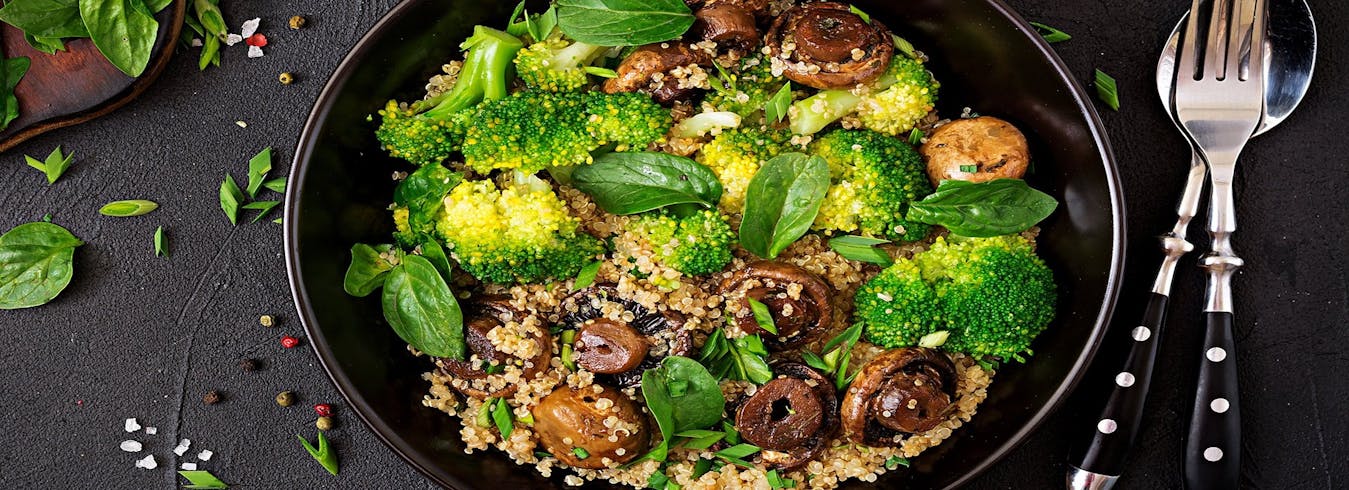
The Benefits of Probiotics in Reducing Inflammation
Probiotics, often referred to as "good" bacteria, are live microorganisms that provide numerous health benefits when consumed in adequate amounts. While they are best known for supporting gut health, emerging research suggests that probiotics can also play a significant role in reducing inflammation throughout the body. Chronic inflammation is linked to many conditions such as autoimmune disorders, cardiovascular disease, and inflammatory bowel diseases. In this article, we will explore how probiotics help reduce inflammation and highlight the best probiotic-rich foods to incorporate into your diet.
© Copyright Healthstandard.site . All Rights Reserved

How Probiotics Help Reduce Inflammation
1. Balancing the Gut Microbiome
The gut microbiome consists of trillions of bacteria, fungi, and other microorganisms that live in the digestive tract. A healthy gut microbiome is critical for maintaining a balanced immune system and regulating inflammation. Probiotics help maintain a healthy balance of gut bacteria by promoting the growth of beneficial bacteria while inhibiting the growth of harmful bacteria that can cause an inflammatory response. This balance is crucial for preventing chronic inflammation in the gut and beyond.
2. Strengthening the Gut Barrier Function
A healthy gut barrier acts as a protective shield that prevents harmful substances, such as toxins and pathogens, from entering the bloodstream. When the gut barrier is compromised, a condition known as "leaky gut," these harmful substances can leak into the bloodstream, triggering an inflammatory response throughout the body. Probiotics help strengthen the gut barrier by enhancing the production of tight junction proteins that hold gut cells together, reducing intestinal permeability, and preventing inflammation caused by leaky gut.
3. Modulating Immune System Activity
Probiotics have a direct effect on the immune system. About 70% of the immune system is located in the gut, making the gut microbiome a critical player in immune function. Probiotics help modulate immune system activity by enhancing the production of anti-inflammatory cytokines and suppressing the production of pro-inflammatory cytokines. This modulation helps reduce chronic inflammation, which is linked to various health issues, including autoimmune diseases and inflammatory disorders.
4. Reducing Inflammatory Markers
Several studies have shown that probiotics can reduce the levels of inflammatory markers, such as C-reactive protein (CRP) and interleukin-6 (IL-6), which are elevated in people with chronic inflammation. By lowering these markers, probiotics help reduce the overall level of inflammation in the body. This has been particularly beneficial in individuals with conditions like rheumatoid arthritis, irritable bowel syndrome (IBS), and inflammatory bowel disease (IBD).
5. Producing Short-Chain Fatty Acids (SCFAs)
One of the most important ways probiotics help reduce inflammation is through the production of short-chain fatty acids (SCFAs), particularly butyrate, acetate, and propionate. These SCFAs are produced when probiotics ferment dietary fiber in the gut. SCFAs have anti-inflammatory effects by promoting the health of colon cells, enhancing gut barrier integrity, and reducing systemic inflammation. Butyrate, in particular, has been shown to inhibit the production.

Conclusion
Probiotics are powerful tools in reducing inflammation and promoting overall health. By maintaining a healthy balance of gut bacteria, strengthening the gut barrier, and modulating immune function, probiotics help reduce chronic inflammation and its associated risks. Incorporating probiotic-rich foods like yogurt, kefir, sauerkraut, and kimchi into your diet can be an easy and effective way to support inflammation reduction and improve overall well-being. Whether you're looking to manage inflammatory conditions or improve gut health, probiotics offer a natural, holistic solution for reducing inflammation and supporting a healthy immune system.